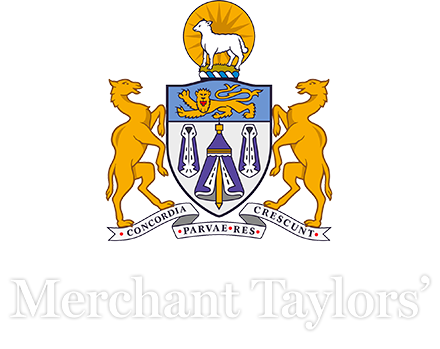Physics
The programme of study in A-Level Physics allows students to develop a valuable and broad conceptual view of the subject, touching on contemporary issues, such as the philosophical necessity of quantum theory and the principles of construction and operation of a nuclear power station.
Students receive the tools to be able to explain the physical basis for many phenomena seen in nature and the course is pertinent to both small and large scale engineering projects, from scanning tunnelling microscopy and interferometry, through analysis of electrical circuits and projectile motion, to calculating the orbital requirements of a communications satellite.
Physics finds a natural partner in Mathematics and this combination is essential for any student considering higher education courses in Physics or Engineering, though many Physics students achieve the highest grades without also studying Mathematics at A-Level. We do recommend a good grade in GCSE Mathematics as a prerequisite.
Many students pursue enrichment and extra-curricular opportunities, such as trips to lectures by leading physicists, national physics competitions or summer schools in physics or engineering. This helps them to develop greater experience, depth of knowledge in particular areas of the subject and to make informed and successful university applications.
The thorough, analytical approach required for problem-solving in A-Level Physics makes it a desirable subject for universities; some students go on to pursue Physics and Engineering, while a good proportion continue their educational career in subjects as diverse as Medicine, Law, Economics, Politics and Philosophy.




